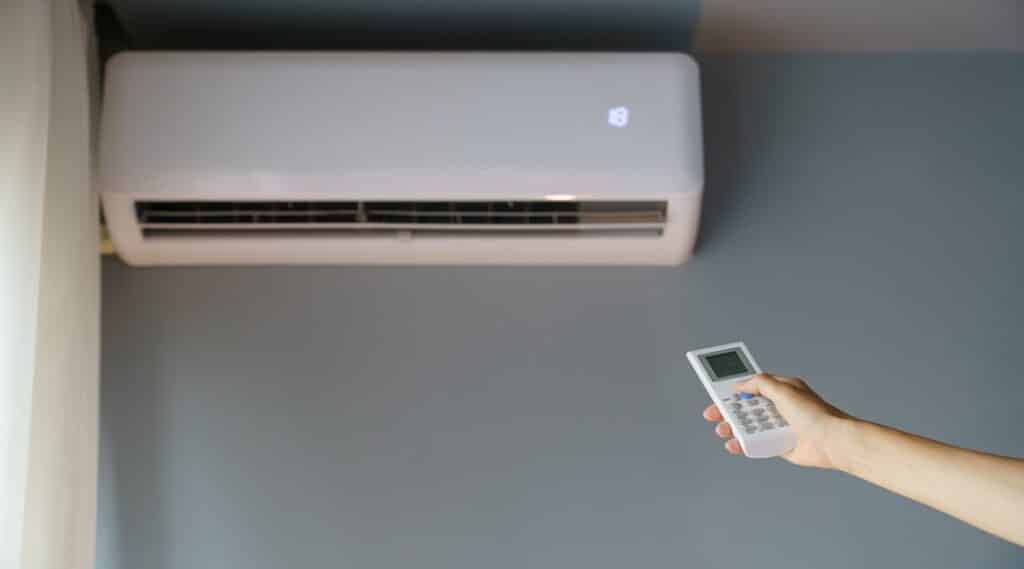In the quest to ensure your space stays cool and comfortable, choosing the correct air conditioner size is crucial. Begin by measuring your area with precision; every square foot counts. You must also take into account unique room features that could affect cooling needs.
Climate factors play a role too, as variations in temperature and humidity can influence how hard your AC has to work. Your goal should be an efficient unit tailored perfectly for these variables. Neither overworked nor wasteful.
To keep indoor temperatures just right. Successfully pinpointing this balance means considering adjustments based on specific room aspects next.
Measure Your Space Accurately
In the quest to ensure effective cooling, one must accurately measure their space. Precise room dimensions directly influence the air conditioner’s size needed. Measured in British Thermal Units (BTU).
The higher a unit’s BTU rating, the more potent chilling prowess. Henceforth, while seeking HVAC services in Independence, understanding that each window AC unit is tailored for individual rooms becomes essential; utilizing just one to cool multiple areas proves inefficient. A meter stick or tape measure can be used to calculate length and width with exactness.
A foundation stone of this process. It is vital to select an appropriate air conditioning system that corresponds with your specific needs.
Consider Room Characteristics
When sizing an air conditioner, one must consider the room’s specific characteristics. An underpowered unit strains to cool a space, spiking energy bills; conversely, an oversized unit frequently cycles on and off wastefully. The right size ensures steady temperatures and optimal indoor air quality by effectively reducing humidity levels.
The concepts of BTUs and tonnage are central here. BTU measures heat removal in an hour while tonnage reflects cooling capacity using historical references around melting ice quantities for calibration (one ton equals 12,000 BTUs). They’re instrumental when aligning your home’s needs with the power of the AC system you choose.
Insulation is another deciding factor. The R-value dictates how much cooling is required based upon resistance to heat flow. Windows’ seal integrity can also affect load calculations as leaks invite external temperature challenges that influence internal conditions significantly.
Factor in Climate Variability
Factor in climate variability is essential when sizing an air conditioner. Homes in hot zones may need units with higher BTU capacities due to intense heat, especially if they have less insulation or more sun exposure. Conversely, colder climates demand systems equipped for heating efficiency.
A professional HVAC assessment will consider these intricacies alongside home size and insulation quality. Ensuring the right balance between performance and energy expenditure for your specific setting. Accurate calculations are key; a system too small won’t manage extremes well while one too large could cycle excessively leading to wear and unnecessary cost overruns.
To determine the correct size air conditioner, measure your space’s square footage. Match this to BTUs (British Thermal Units), allowing for 20 BTU per square foot. Account for high ceilings, sunlight exposure, and room occupancy too.
More people means more cooling power is needed. If precision seems daunting or mistakes costly, seeking professional guidance ensures a perfect fit. Duty Calls Plumbing and Rooter LLC specializes in matching homes with ideal air conditioning units to ensure efficient cooling without overspending on unnecessary power consumption.








